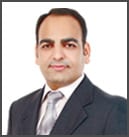<
Click to view Online
]]>



